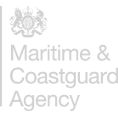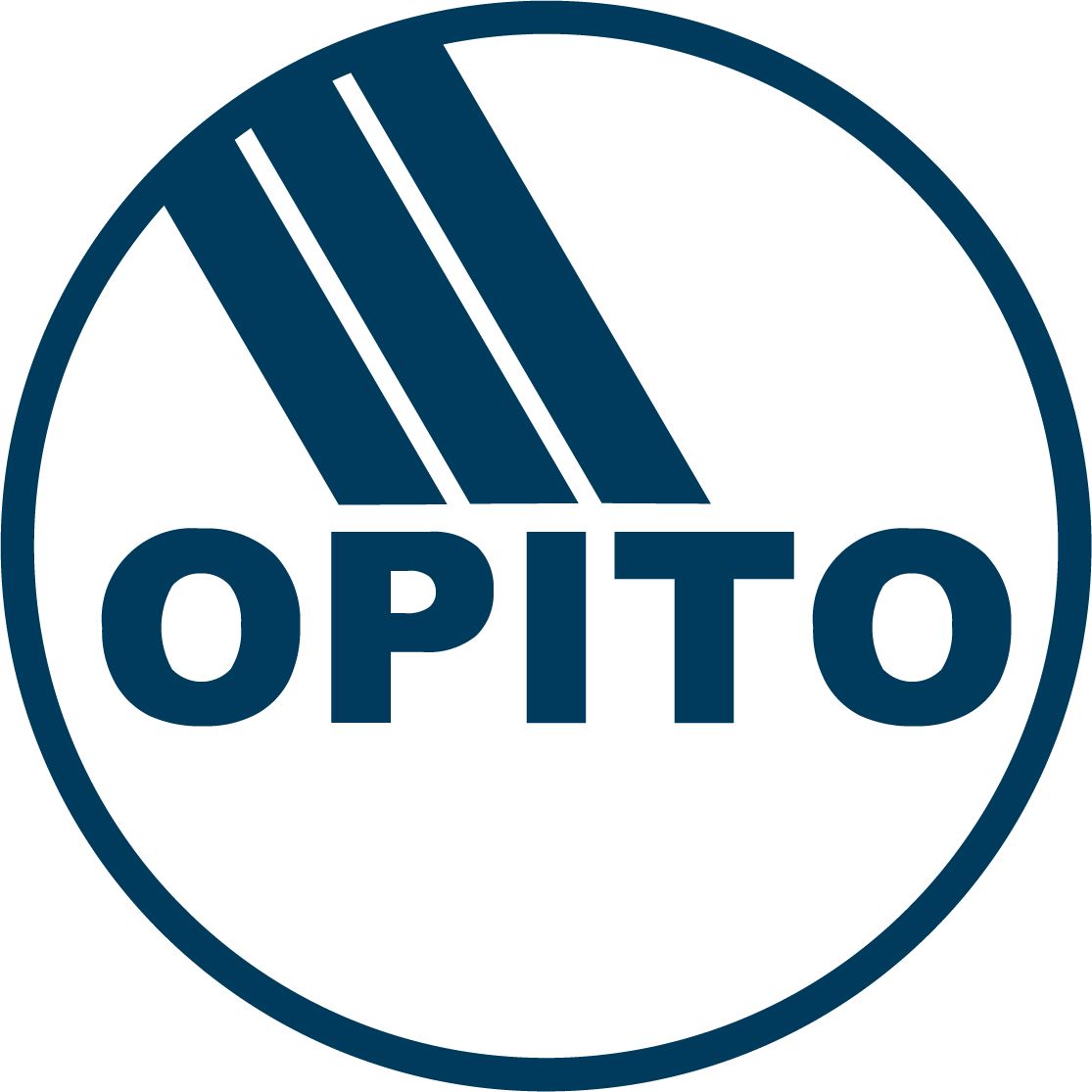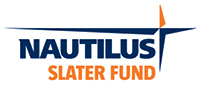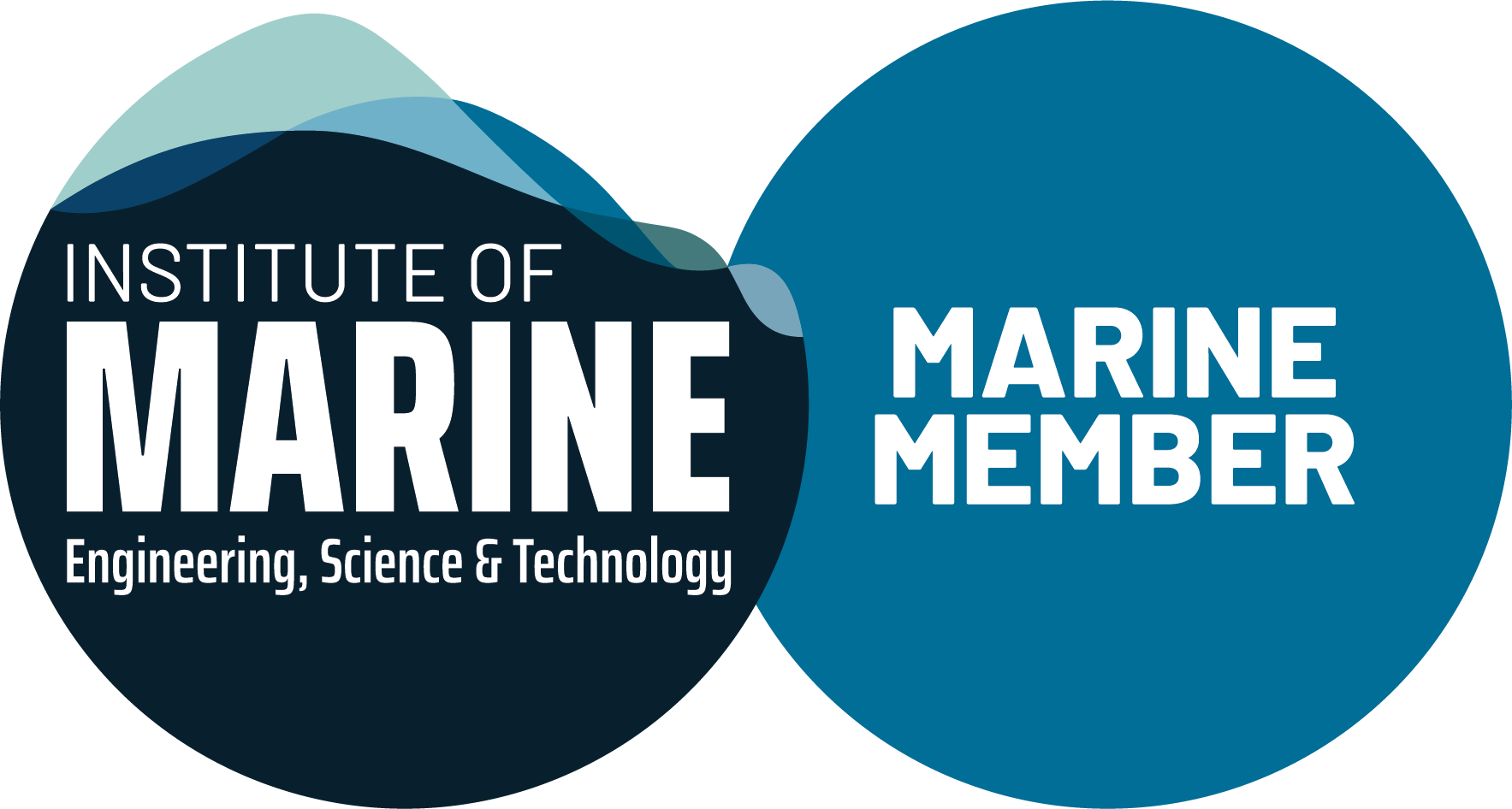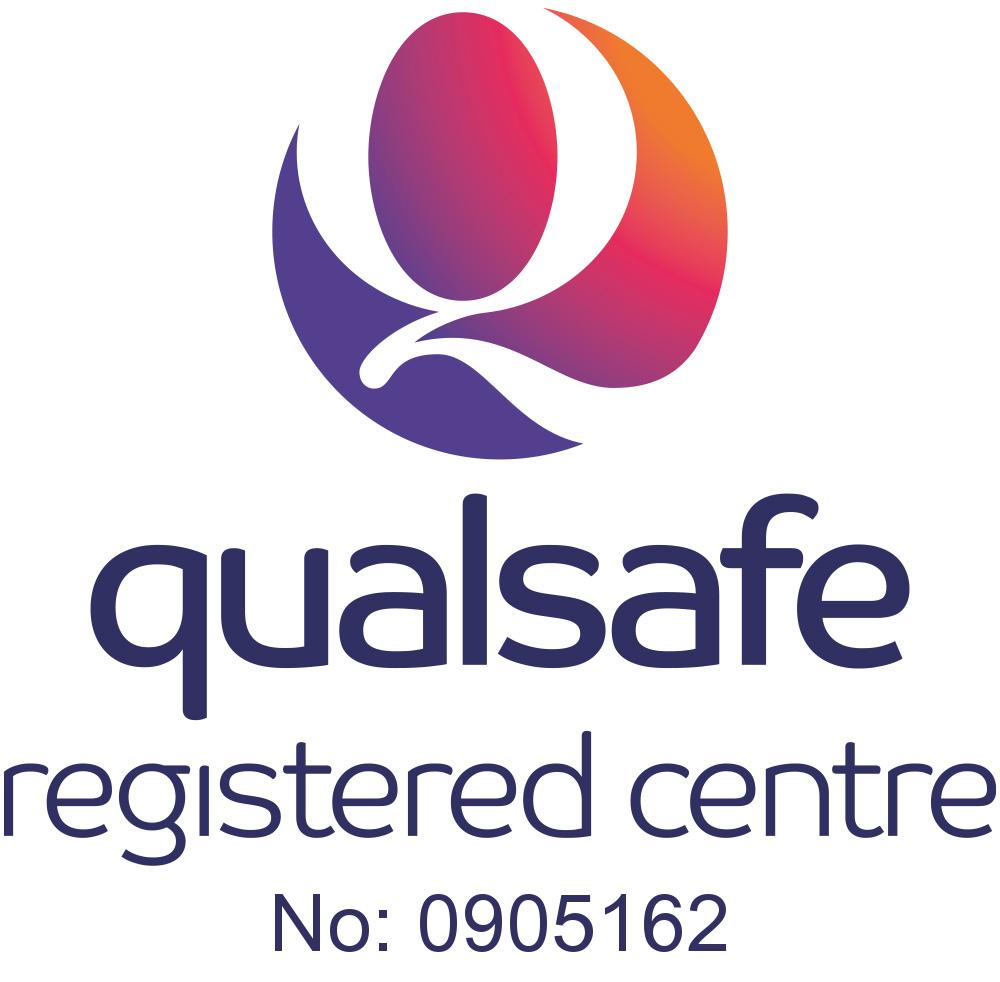GWO Refresher Package
Course Code: OE1EC336
Fleetwood Offshore Survival Centre
Courses available to book online now
This booking option is for individual bookings only. For group or company bookings, please call 01253 504800.
Next course dates
| Start Date | Location | Duration / Fee | |
|---|---|---|---|
| 01/04/2025 | Fleetwood Nautical Campus | 4 Days/ £815 | Enquire |
| 29/04/2025 | Fleetwood Nautical Campus | 4 Days/ £815 | Enquire |
| 13/05/2025 | Fleetwood Nautical Campus | 4 Days/ £815 | Enquire |
| 03/06/2025 | Fleetwood Nautical Campus | 4 Days/ £815 | Enquire |
| 01/07/2025 | Fleetwood Nautical Campus | 4 Days/ £815 | Enquire |
| 15/07/2025 | Fleetwood Nautical Campus | 4 Days/ £815 | Enquire |
| 29/07/2025 | Fleetwood Nautical Campus | 4 Days/ £815 | Enquire |
| 12/08/2025 | Fleetwood Nautical Campus | 4 Days/ £850 | Enquire |
Course Overview
This course allows you to refresh, within a combined training package, all five GWO elements of basic safety training for the wind turbine industry/WTG environment, as detailed below, in accordance with GWO standards.
- First Aid Refresher (Tuesday AM)
- Manual Handling (Wednesday AM)
- Fire Awareness (Wednesday PM)
- Sea Survival Refresher (Thursday)
- Working at Height Refresher (Friday)
Validity of certificate
This certificate is valid for two years from date of issue.
Entry Requirements
Participants must hold valid and in date GWO approved training certificates or recognised equivalent to each standard to participate. You must bring these certificates to the course.
GWO certificates can be renewed up to 2 months prior to the original certificates expiry date stated on the specific training certificate, and maintain the original certification. If a certificate is renewed beyond 2 months prior to the expiry date stated on the specific training certificate, the reissued certificate will carry an expiry date of 24 months from the date of course completion.
Participants are required to register for free as a participant on the GWO WINDA database prior to arriving on any GWO course. Log on to www.winda.globalwindsafety.org and click on participant registration, completing all fields and bring your WINDA ID to all booked training courses.
Parts of the course are of a physical nature. All participants will be required to climb a 16mtr vertical ladder.
Employing companies should ensure participants are medically fit to attend training.
You will be required to complete a medical declaration when you attend your course.
Assessment Methods
Detailed below is a brief outline of the content of each section of the course:
GWO Working at Height and Rescue Training – Tuesday morning
On completion successful participants should be able to:
- describe relevant legislation for WAH
- explain equipment selection and inspection
- describe safe systems of work, permits and emergency procedures
- undertake self-rescue and evacuation
GWO Manual Handling – Wednesday morning
On completion successful participants should be able to:
- demonstrate understanding of the importance of carrying out work duties in a safe and sound manner in accordance with the legislative requirements of their geographic location
- identify aspects of their job tasks that could increase a worker’s risk of developing muscular/skeletal injuries
- demonstrate understanding of safe practices for manual handling including the correct handling of equipment
- identify signs and symptoms of injuries related to poor manual handling techniques and have knowledge of reporting methods
- demonstrate a problem-solving approach to manual handling in a wind turbine environment
- demonstrate manual handling risk reduction techniques
GWO Fire Awareness – Wednesday afternoon
On completion successful participants should be able to:
- demonstrate knowledge of the development and spread of fire
- demonstrate knowledge of the causes of fires in wind turbines and the dangers related to this
- identify any sign of a fire in a wind turbine environment
- demonstrate knowledge of the contingency plans in a wind turbine environment including smoke detection and emergency escape procedures
- demonstrate correct actions on discovering a fire including correct operation and fire extinguishing by means of the fire-fighting equipment in a WTG
GWO Sea Survival and Vessel Transit and Transfer – Thursday
- Refresh of course and assessment procedures
- Organisation for safety
- Review of responsibilities during offshore operations in the offshore wind industry
- Working safely offshore
- Law and enforcement
- Industry overview and facility overview
- Offshore operations and emergencies
- Environment and offshore hazards
- Transit to and from a tower
- Facility emergencies
- Practical tower transfer
- First aid
- Vessel abandonment
- Sea survival theory and practical
GWO First Aid - Friday
On completion, successful participants should be able to:
- demonstrate understanding of the importance to carry out First Aid in a safe and sound manner in accordance with the legislative requirements of their geographic location and according to ERC and AHA guidelines
- identify and explain normal function, normal signs, functions and symptoms of serious and minor injuries and illness related to the human body
- demonstrate understanding and correct order of management in an emergency situation in a WTG environment
- demonstrate correct use of lifesaving first aid using the primary survey A-B-C
- demonstrate correct use of an automatic external defibrillator (AED)
- demonstrate correct use of ordinary First Aid, the secondary survey
- demonstrate correct use of first aid equipment in a first aid scenario
Teaching and Learning Methods
This course is a blend of classroom based theory sessions and practical training.
Industry Placement and Field Trips
Not applicable.
Other Costs and Equipment Needed
The usual dress code for classroom training is smart/casual. Protective equipment will be provided by the college for certain aspects of practical training. However, you will be required to bring:
- Personal wash kit
- Swim wear and towel
- Sturdy footwear
- Warm clothing
- Waterproof clothing
- Suitable gloves for ladder climbing
Expert Tutors
All staff involved in the delivery of any courses within the College are approved to teach and/or assess the subjects and modules they deliver. The approval process ensures that staff delivering and/or assessing a given programme are appropriately qualified, with relevant technical and industrial experience and professional practice.
Tuition Fees
Read our tuition fees guide.
Regulation and Accreditation
Accrediting Institution: N/A
Terms and Conditions
Read our full terms and conditions for more information.



